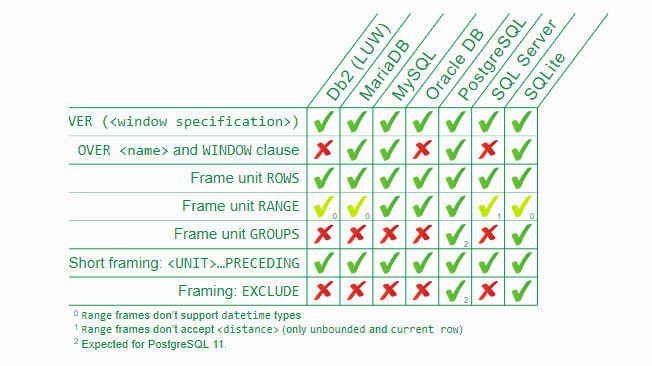

PostgreSQL is also pretty universally supported in terms of language libraries and frameworks, without having to make compromises on how we want to store and layout our data. PostgreSQL is kind of a happy middle ground here, with the ability to start PostgreSQL servers via docker or docker-compose making the actual day-to-day management pretty easy, while still giving you experience of the kinds of considerations I have listed above.Īt Vital Beats we make use of PostgreSQL, largely because it offers us a happy balance between good management and backup of data, and good standard command line tools, which is essential for us where we are deploying our solutions within Kubernetes / docker, and so more graphical tools are not always appropriate for us. MySQL has a few "quirks" to how it manages things like multiple databases, which may lead you to making less good decisions if you tried to take your experience over to different DBMS, especially in bigger enterprise roles. SQLite's simplicity actually avoids most of these experiences, which is not helpful to you if that is what you hope to learn. If your aim is actually to have a bit of "operational" experience, in terms of things like what command line tools might be available as standard for the DBMS, understanding how the DBMS handles multiple databases, when to use multiple schemas vs multiple databases, some basic privilege management etc. As others have said, SQLite would offer you the ability to very easily get started, and would give you a reasonably standard (if a little basic) SQL dialect to work with. If your aim is to have experience with SQL and any related libraries and frameworks for your language of choice (python, I think?), then it kind of doesn't matter too much which you pick so much. MySQL has a broader approval, being mentioned in 2965 company stacks & 2947 developers stacks compared to Oracle, which is listed in 106 company stacks and 87 developer stacks.Ī question you might want to think about is "What kind of experience do I want to gain, by using a DBMS?". Here's a link to MySQL's open source repository on GitHub.Īirbnb, Uber Technologies, and Netflix are some of the popular companies that use MySQL, whereas Oracle is used by Netflix, ebay, and LinkedIn. MySQL is an open source tool with 3.91K GitHub stars and 1.54K GitHub forks. "Sql" is the top reason why over 777 developers like MySQL, while over 36 developers mention "Reliable" as the leading cause for choosing Oracle. MySQL and Oracle can be primarily classified as "Databases" tools. Oracle Database has extended the relational model to an object-relational model, making it possible to store complex business models in a relational database.

An RDBMS that implements object-oriented features such as user-defined types, inheritance, and polymorphism is called an object-relational database management system (ORDBMS). On the other hand, Oracle is detailed as " An RDBMS that implements object-oriented features such as user-defined types, inheritance, and polymorphism". MySQL Server is intended for mission-critical, heavy-load production systems as well as for embedding into mass-deployed software.
ORACLE DATABASE VS MYSQL SOFTWARE
The MySQL software delivers a very fast, multi-threaded, multi-user, and robust SQL (Structured Query Language) database server. Lahdenmäki, Database Systems: Design, Implementation & Management 12th Edition, Cengage Learning, 2016.MySQL vs Oracle: What are the differences?ĭevelopers describe MySQL as " The world's most popular open source database". Meesala, PostgreSQL 11 Ad-ministration Cookbook, Packt Publishing, 2019.

Winand, SQL Performance Explained Everything Developers Need to Know about SQL Performance, 2012.ĭokumentacja narzędzia wykorzystanego do pomiarów. Ratuszniak, Wprowadzenie do sys-temów baz danych (Wydanie VII), Helion, 2016. Sudarshan, Database System Concepts, McGraw-Hill Higher Education, 2019. West, SQL Server 2019 Administration Inside Out, 2020.Ī. Oficjalna dokumentacja bazy danych PostgreSQL. Ranking systemów zarządzania bazą danych. Shah, MySQL 8 Ad-ministrator's Guide: Effective guide to administering high-performance MySQL 8 solutions, Packt Publishing, 2018.
ORACLE DATABASE VS MYSQL PRO
Moss, Pro SQL Server Relational Data-base Design and Implementation, Apress, 2016.Ĭ. Peasland, Oracle DBA Mentor: Succeeding as an Oracle Database Administrator, Apress, 2019. Pribyl, Oracle PL/SQL Programming, O′Reilly, 2014. Teoria i praktyka, Wydawnictwo Uniwersytetu Rzeszowskiego, 2015. Date, Database Design and Relational Theory, O'Reilly, 2012.ī.


 0 kommentar(er)
0 kommentar(er)
